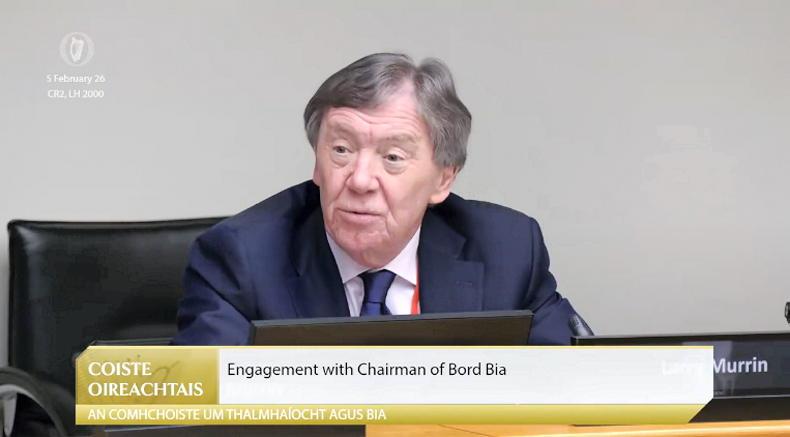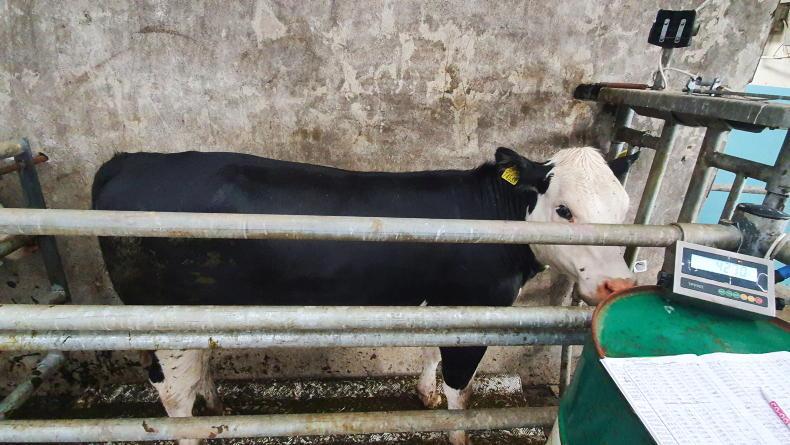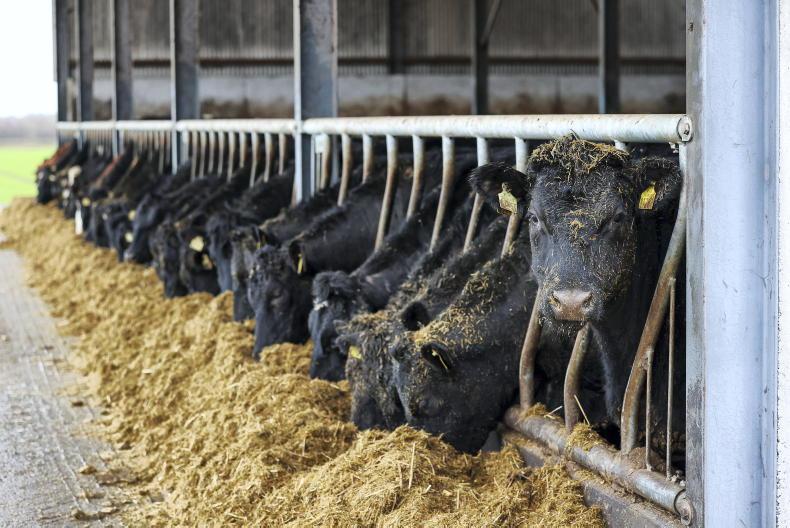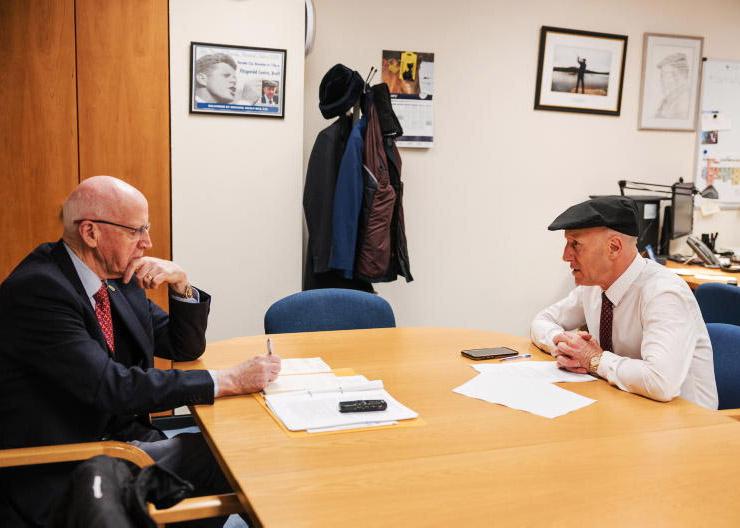Minister for Agriculture Charlie McConalogue has rejected suggestions that the climate action plan will include a plan to cut cattle numbers in the country by over 700,000 cattle.
Reacting to suggestions in the Irish Times that the plan would feature a punishing cull of 10% of all the cattle in the country, Minister McConalogue told the Irish Farmers Journal: “The sector has already committed to a 10% reduction in methane by 2030. This does not directly correlate to a 10% reduction in numbers.”
Cull schemes have been recommended to the Minister in two Food Vision reports - dairy plus beef and sheep - but it is not yet known whether these recommendations will make into the final plan, which is due to go to cabinet on Wednesday.
The proposal to cull sucklers encountered the most vocal opposition from farming groups.
The Irish Natura and Hill Farmers Association (INHFA) walked out of the Food Vision talks in protest over the suckler extensification and diversification scheme recommendations, while all the other farming groups - the Irish Farmers' Association (IFA), the Irish Creamery Milk Suppliers Association (ICMSA), the Irish Cattle and Sheep Farmers Association (ICSA) and Macra - as well as Meat Industry Ireland (MII) strongly objected to the moves.
MII warned that a suckler cull, which is estimated to be 200,000 cows, would cost the rural economy €1.5bn in beef output, 6,500 job losses, and 14,500 farmers leaving the sector.
Minister McConalogue told the Irish Farmers Journal on Monday that the details of the climate action plan were still being finalised.
Voluntary
“There will be no measure in the climate action plan that will be forced upon farmers,” he stressed.
“All measures will be voluntary and aimed at supporting our farmers to continue to produce world-class food, while also diversifying income streams through tillage, energy generation and forestry.”
He added that he was committed to delivering on the three pillars of sustainability in agriculture - “environmental, societal and, crucially, economic”.
“Separately, through the Food Vision 2030 group, which I established and published its report in 2021, the sector has already committed to a 10% reduction in methane by 2030. This does not directly correlate to a 10% reduction in numbers.”
Read more
Suckler exit scheme: what has been proposed?
Minister tight-lipped on plan for 200,000 suckler cow cull
What’s contained in the Food Vision dairy report?
Minister for Agriculture Charlie McConalogue has rejected suggestions that the climate action plan will include a plan to cut cattle numbers in the country by over 700,000 cattle.
Reacting to suggestions in the Irish Times that the plan would feature a punishing cull of 10% of all the cattle in the country, Minister McConalogue told the Irish Farmers Journal: “The sector has already committed to a 10% reduction in methane by 2030. This does not directly correlate to a 10% reduction in numbers.”
Cull schemes have been recommended to the Minister in two Food Vision reports - dairy plus beef and sheep - but it is not yet known whether these recommendations will make into the final plan, which is due to go to cabinet on Wednesday.
The proposal to cull sucklers encountered the most vocal opposition from farming groups.
The Irish Natura and Hill Farmers Association (INHFA) walked out of the Food Vision talks in protest over the suckler extensification and diversification scheme recommendations, while all the other farming groups - the Irish Farmers' Association (IFA), the Irish Creamery Milk Suppliers Association (ICMSA), the Irish Cattle and Sheep Farmers Association (ICSA) and Macra - as well as Meat Industry Ireland (MII) strongly objected to the moves.
MII warned that a suckler cull, which is estimated to be 200,000 cows, would cost the rural economy €1.5bn in beef output, 6,500 job losses, and 14,500 farmers leaving the sector.
Minister McConalogue told the Irish Farmers Journal on Monday that the details of the climate action plan were still being finalised.
Voluntary
“There will be no measure in the climate action plan that will be forced upon farmers,” he stressed.
“All measures will be voluntary and aimed at supporting our farmers to continue to produce world-class food, while also diversifying income streams through tillage, energy generation and forestry.”
He added that he was committed to delivering on the three pillars of sustainability in agriculture - “environmental, societal and, crucially, economic”.
“Separately, through the Food Vision 2030 group, which I established and published its report in 2021, the sector has already committed to a 10% reduction in methane by 2030. This does not directly correlate to a 10% reduction in numbers.”
Read more
Suckler exit scheme: what has been proposed?
Minister tight-lipped on plan for 200,000 suckler cow cull
What’s contained in the Food Vision dairy report?









SHARING OPTIONS